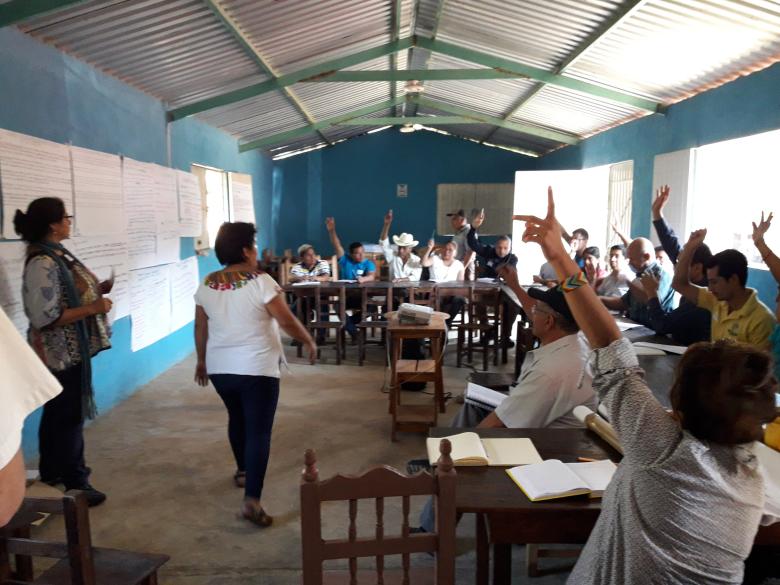The Coalition of Organizations of the Jamapa-Antigua Bioregion (COBIJA from its Spanish acronym) is an initiative of seven grassroots organizations holding, altogether, great experience in community work and sustainable management of natural resources. The work carried out by COBIJA has a watershed approach based on a regional initiative for integrated land use management (https://panorama.solutions/en/solution/dynamic-tool-integrated-land-use-and-water-management), through which they support local ways of life, and conservation of resources. The permanent presence and support of COBIJA to the various communities of the region has strengthened their social and productive processes, increasing their ability to better use ecosystem services to adapt in the face of environmental and social changes.


